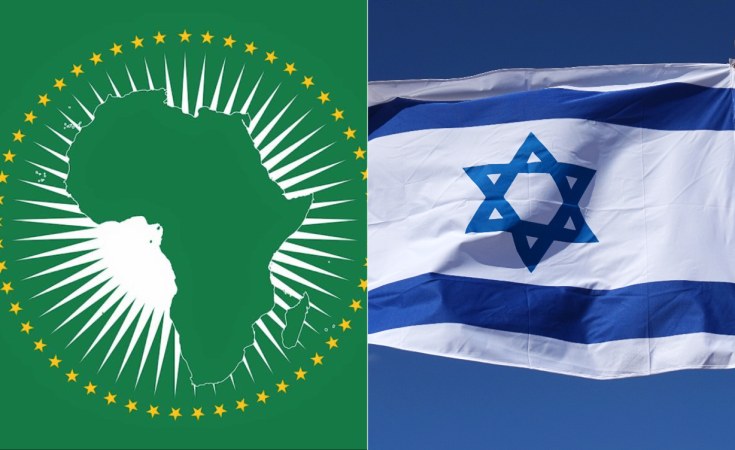Southern African Litigation Centre says reports of war crimes must be probed
- The 33 African states that are members of the International Criminal Court should ask the court to probe reports of war crimes in Gaza, says the Southern African Litigation Centre.
- The Centre says recent statements by the Israeli defence minister "show intent to commit war crimes, such as starving civilians".
- The call has been endorsed by dozens of organisations and individuals across the continent.
The Southern African Litigation Centre (SALC) has called on the 33 African states that are members of the International Criminal Court (ICC) to lobby for a full ICC investigation into reports of grave human rights violations and war crimes in Gaza.
The call has been endorsed by dozens of organisations and individuals across the continent, including the Anglican Archbishop of Southern Africa Thabo Makgoba, South African Jews for a Free Palestine and veteran South African activist Zackie Achmat.
As of Monday, the Palestinian Health Ministry reported that 2,750 civilians, including women and children, have died since the outbreak of the Hamas/Israel conflict a week ago. A further 9,700 civilians were reported injured.
Israel has reported over 1,400 deaths, most of them civilians killed by Hamas militants who entered Israel on 7 October.
In a letter to the relevant Presidents and Foreign Affairs ministers, SALC - an organisation that promotes human rights - said atrocities such as the killing and targeting of innocent civilians in Gaza had to be stopped, investigated and prosecuted "no matter on which side of this conflict they occurred".
"Against this backdrop, we were appalled by statements by (Israeli) Minister of Defence Yoav Gallant who said 'I have ordered a complete siege on the Gaza Strip. There will be no electricity, no food, no fuel: everything is closed. We are fighting human animals and we are acting accordingly,"' the Centre said. "Such dehumanising language has often preceded the crime of genocide in the past and has served as a catalyst for further atrocities."
"Such statements further show intent to commit war crimes, such as starving civilians. The numerous reports of bomb and rocket attacks on buildings and infrastructure in Gaza, one of the most deeply populated areas in the world, show little regard for core principles of international humanitarian law, such as the one of not attacking civilians."
The Centre said while it welcomed the call by African states for a cessation of hostilities, this was not enough: "proceedings to hold war criminals accountable must start now".
It said the African members must use Article 14 of the Rome Statute to enable the ICC Prosecutor to expedite and prioritise these proceedings.
Article 14 empowers a state to refer to the Prosecutor a situation in which crimes within the jurisdiction of the Court appear to have been committed, requesting the Prosecutor to decide whether which people should be charged.
"We further urge all 33 African ICC members to use the precedent and momentum that was created by the Ukraine situation, where State support and State referrals by more than 39 ICC State Parties resulted in expedited proceedings and two arrest warrants within 13 months from the time the Prosecutor announced its decision to proceed with opening an investigation," the Centre said.
"There is no space for double-standards in international criminal justice. As signatories to the Rome Statute, you committed yourself to the idea of fighting impunity and holding perpetrators of international crimes accountable. Only if the principles of the Rome Statute are applied equally will the ICC's accountability system have a chance to make a meaningful contribution to the fight against impunity.
"A lasting peace in the region can only be achieved through accountability and justice."
The Centre's Executive Director Anneke Meerkotter said the letter had been posted on social media, tagging both the President and the Foreign Affairs ministry in each country.
"They all have social media posts and this way it's easier to reach them than through email. This also allows citizens of those countries to repost and push their governments," she said.
Read the SALC letter.


